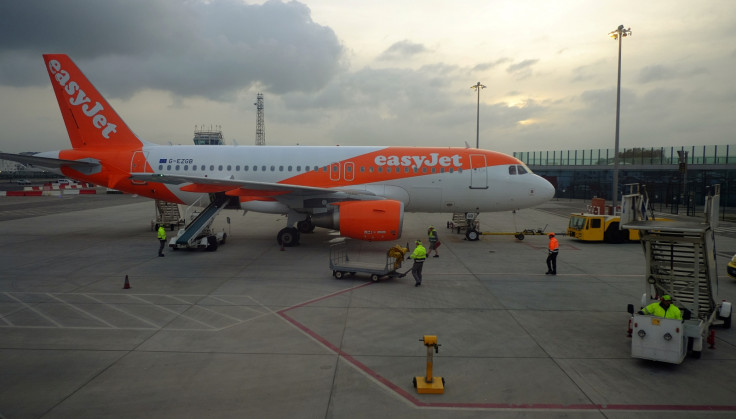EasyJet lifts profit forecast as its Austrian airline readies for take off
Budget airline posts 16% increase in revenue as passengers and capacity both record double-digit growth.

EasyJet hiked its profit forecast and reported an increase in third quarter revenue, thanks in part to the timing of Easter and to an increase in passenger numbers.
In the three months to 30 June, the FTSE 100-listed company saw revenue climb 16% year-on-year to £1.39bn ($1.81bn), while the number of passengers rose 10.8% from the corresponding period a year earlier to 22.3 million.
Increased capacity, which rose 9.5% to 24 million seats, and Easter falling in April also contributed to what the airline described as a "strong" trading performance and hiked its profit before tax guidance for the full year, which is now expected to be between £380m and £420m, compared with the previous forecast for a figure around the £375m mark.
"EasyJet has delivered a strong performance in the quarter right across the business," said chief executive Carolyn McCall, who will leave the company to take over as CEO of ITV from January next year.
"Our purposeful and disciplined growth continues to strengthen our market positions and we are seeing an underlying improving revenue trend."
The carried added total revenue per seat climbed by a bigger than expected 2.2% on a constant currency basis, while the load factor, a key metric in the aviation industry which measures the amount of seats filled on a plane, rose by 1.1 percentage points to 93.1%.
However, easyJet expects revenue per seat to decline by 2% across the second half as a whole, blaming the lower prices on increased competition in key summer holiday markets, such as Spain and Portugal
Hargreaves Lansdown analyst Nicholas Hyett warned that was a trend that looked set to continue.
"EasyJet itself expects to add 8.5% to capacity across the second half, while rivals are also adding new planes," he explained.
"For now, profitability is being supported by the steady slide in fuel prices. There's no guarantee fuel will stay cheap though, and at the moment the group is struggling to land more sustainable cost savings elsewhere in the business, despite its increased scale."
Meanwhile, easyJet confirmed it was awarded a European Air Operator Certificate (AOC) in Austria, which it had applied for in a bid to secure its right to fly to and across the EU post-Brexit.
"Our European AOC has now been awarded and the first flight by an easyJet Europe aircraft takes place today," McCall said.
"That means our flying rights in Europe will be secure after the UK leaves the EU."
Earlier this year, the Luton-based carrier held talks with EU member states to move its legal HQ to the continent, highlighting the impact leaving the bloc would have on a number of British businesses with great exposure to Europe.
Last week, easyJet unveiled plans to launch a new airline to continue to operate flights both across Europe and domestically within European countries after the UK has left the European Union.
The budget airline said the new company will be called easyJet Europe and will be based in Vienna, while the people and planes that will fly for new carrier are already employed and based in EU27 countries.
© Copyright IBTimes 2025. All rights reserved.






















